Boosting Collagen with Retinol Creams
Introduction
In the quest for youthful, vibrant skin, collagen plays a pivotal role. As the most abundant protein in our body, collagen is the cornerstone of firm, supple skin. However, as we age, our body's natural production of collagen diminishes, leading to signs of aging like wrinkles and sagging skin. This is where retinol, a derivative of Vitamin A, emerges as a hero in skin care. In this comprehensive guide, we will delve into how retinol creams can boost collagen production and rejuvenate your skin.
Understanding Collagen and Its Importance for Skin Collagen: The Skin’s Building Block

Collagen, a protein found abundantly in our bodies, is crucial for maintaining skin elasticity and firmness. It acts like a glue that holds our skin cells together, giving the skin its strength and resilience.
The Aging Process and Collagen Decline
As we age, our bodies produce less collagen. Factors like sun exposure, pollution, and lifestyle choices (like smoking and poor diet) exacerbate this decline. The result is thinner, more fragile skin, with the development of wrinkles and fine lines.
Retinol: A Miracle Ingredient for Skin Care What is Retinol?
Retinol, a form of Vitamin A, is renowned for its anti-aging properties in skincare. It's a powerful ingredient that promotes skin renewal and enhances collagen production.
How Does Retinol Work?
Retinol works by penetrating deep into the skin to stimulate collagen production. It accelerates cell turnover, replacing old, damaged skin cells with new ones. This process reduces the appearance of wrinkles, evens out skin texture, and improves skin tone.
The Benefits of Retinol Creams in Boosting Collagen Reducing the Appearance of Wrinkles
By boosting collagen production, retinol creams help to diminish the appearance of fine lines and wrinkles, making the skin appear more youthful.
Improving Skin Texture and Tone
Retinol not only promotes collagen production but also helps in skin exfoliation. This reveals brighter, smoother skin with a more even tone.
Enhancing Skin Firmness
With increased collagen, the skin regains its firmness and elasticity, resulting in a more toned and lifted appearance.
Choosing the Right Retinol Cream Consider the Concentration

Retinol creams come in various concentrations. For beginners, it’s advisable to start with a lower concentration to allow the skin to adjust.
Packaging Matters
Retinol is sensitive to light and air. Opt for creams in opaque, airtight packaging to maintain the efficacy of the retinol.
Complementary Ingredients
Look for creams that combine retinol with hydrating ingredients like hyaluronic acid or ceramides to offset any potential dryness caused by retinol.
How to Use Retinol Creams Effectively Start Slowly
Begin with a lower concentration and use it sparingly, gradually increasing the frequency.
Use at Night
Retinol can make your skin more sensitive to sunlight. Apply it at night and always use sunscreen during the day.
Be Patient
Results take time. Consistent use is key to seeing improvements in skin texture and elasticity.
FAQs
-
Can retinol creams be used by all skin types? Retinol is suitable for most skin types, but those with sensitive skin should proceed with caution.
-
How long does it take to see results from retinol creams? It typically takes several weeks to notice improvements in skin texture and appearance.
-
Can retinol be used around the eyes? Yes, but use a product specifically formulated for this delicate area.
Conclusion
Retinol creams are a powerhouse in stimulating collagen production and combating the signs of aging. By understanding how to properly incorporate these creams into your skincare routine, you can significantly enhance your skin's texture, tone, and overall appearance. Remember, patience and consistency are key in unlocking the full potential of retinol in your journey towards radiant, youthful skin.


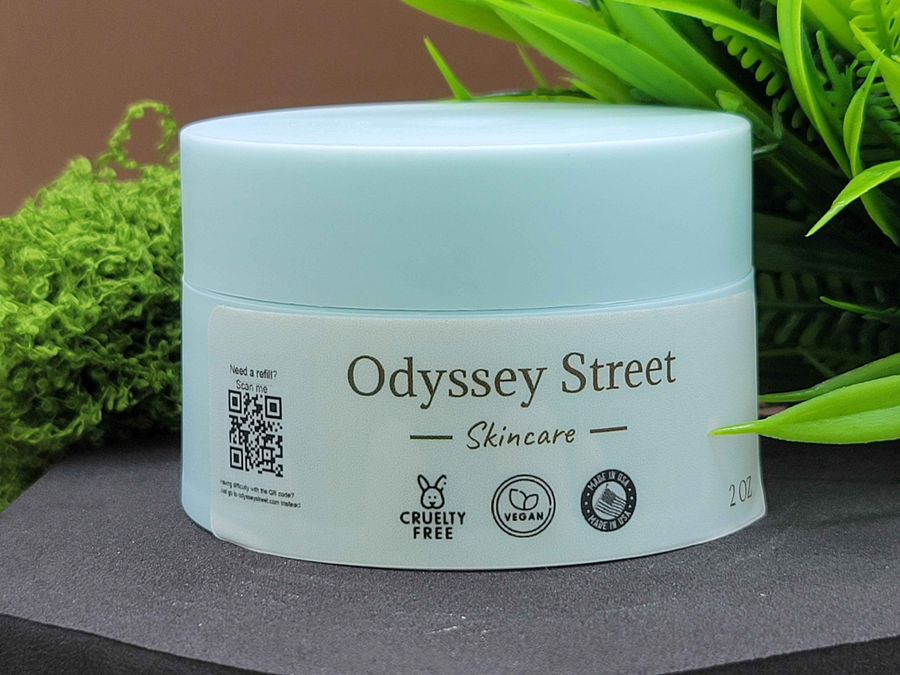
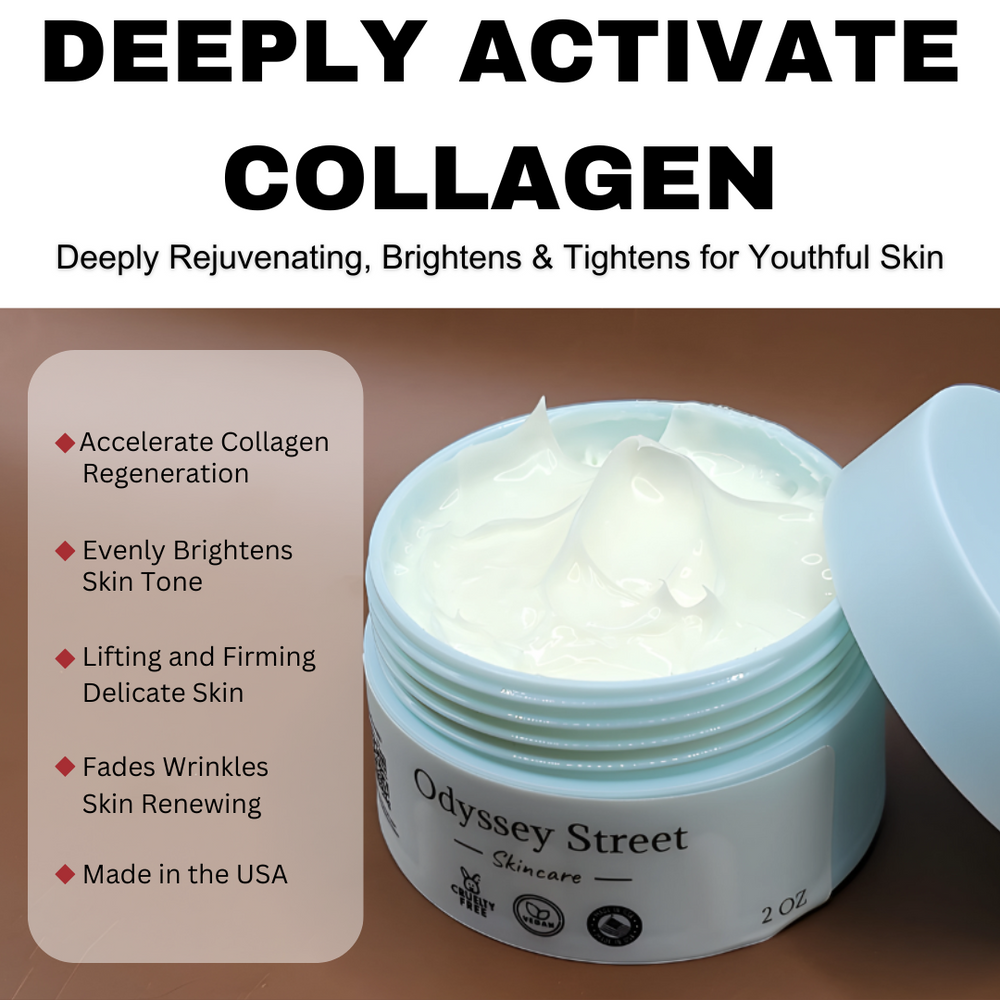




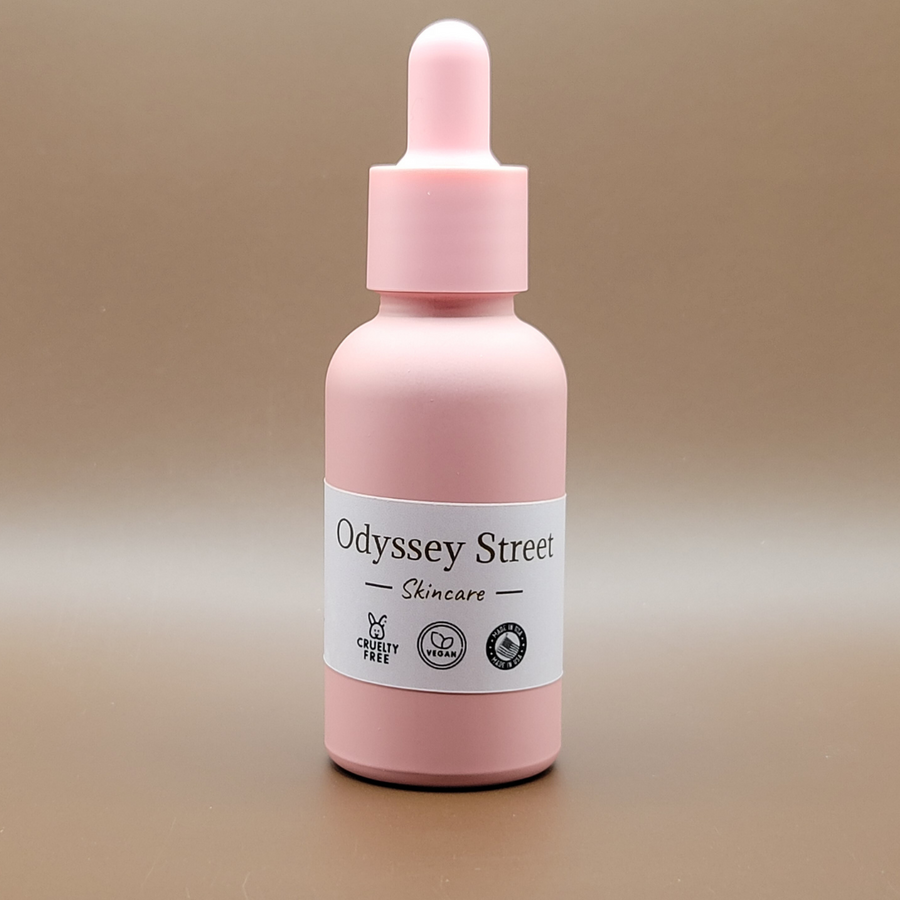
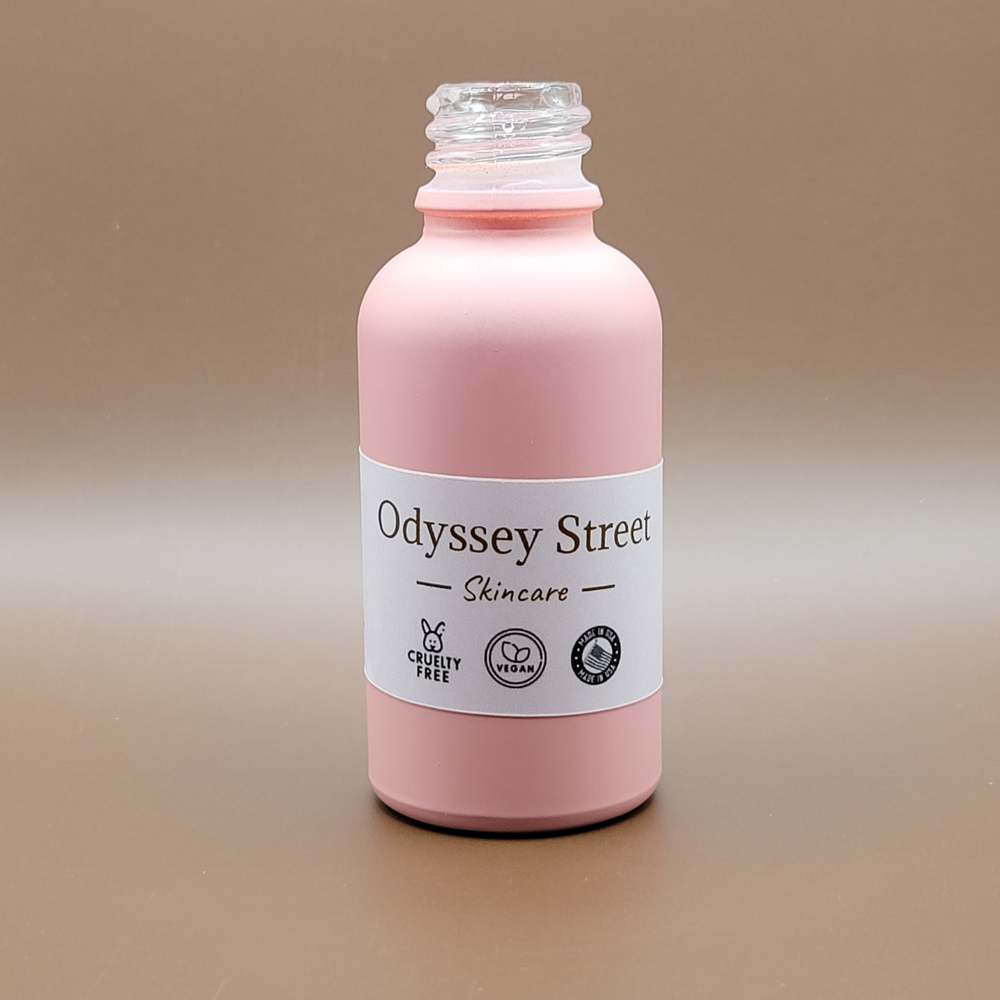
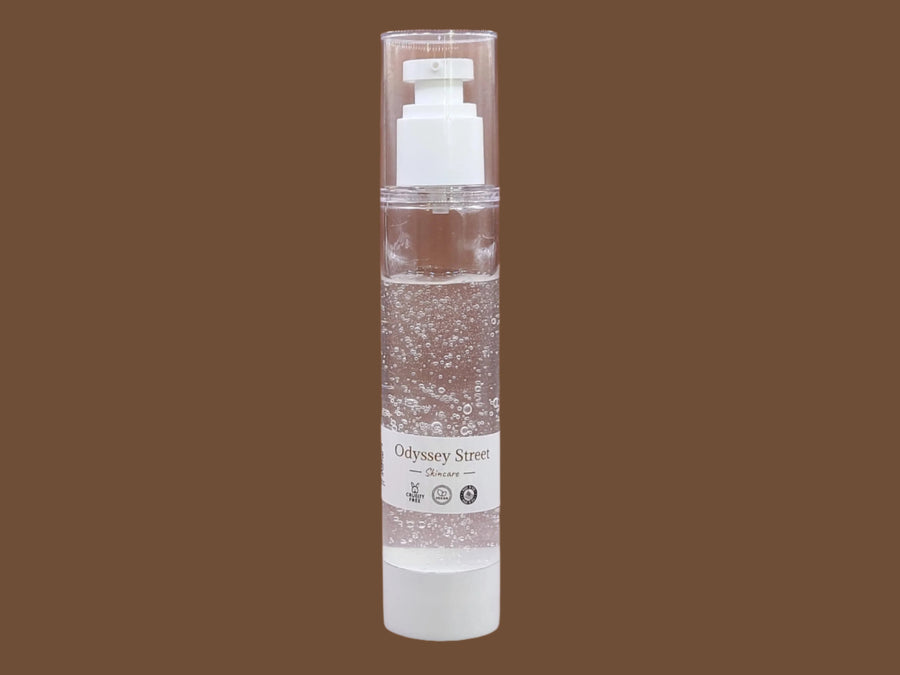
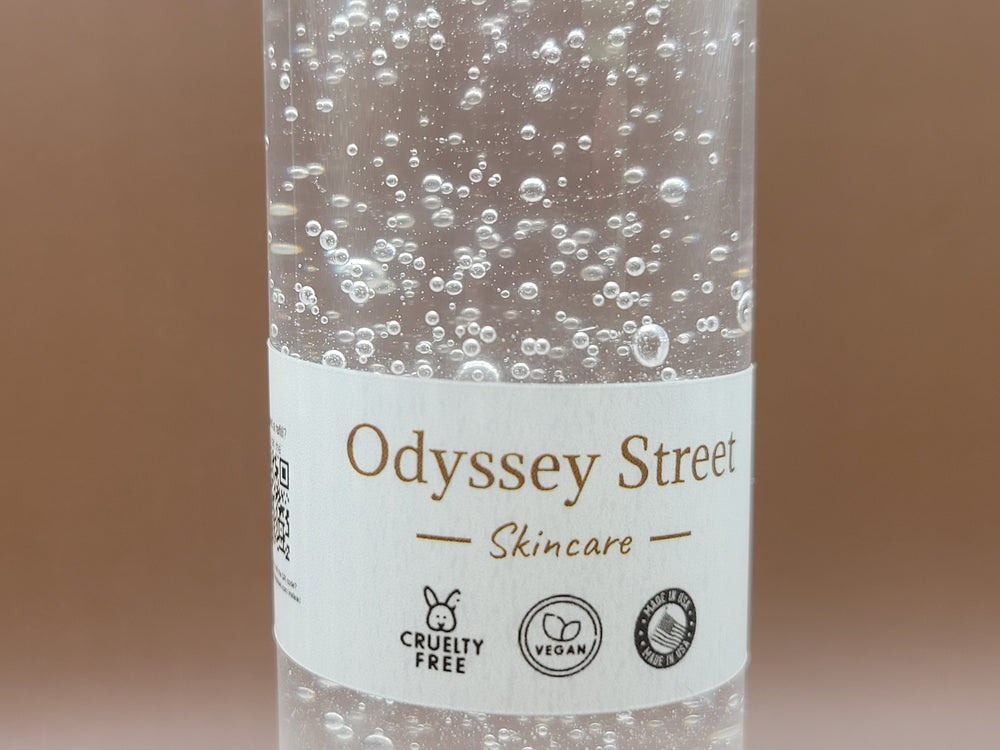
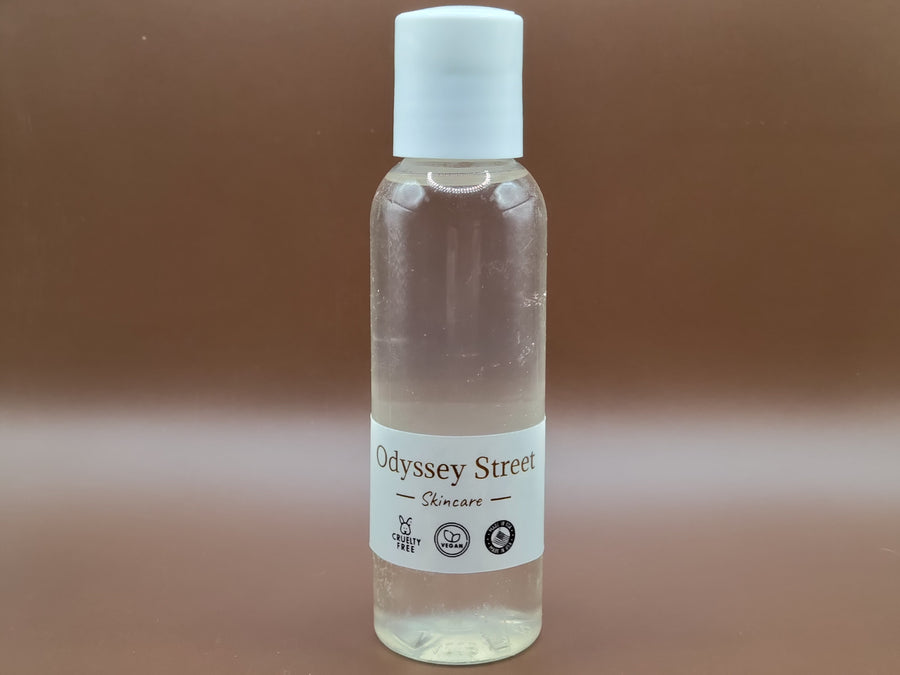
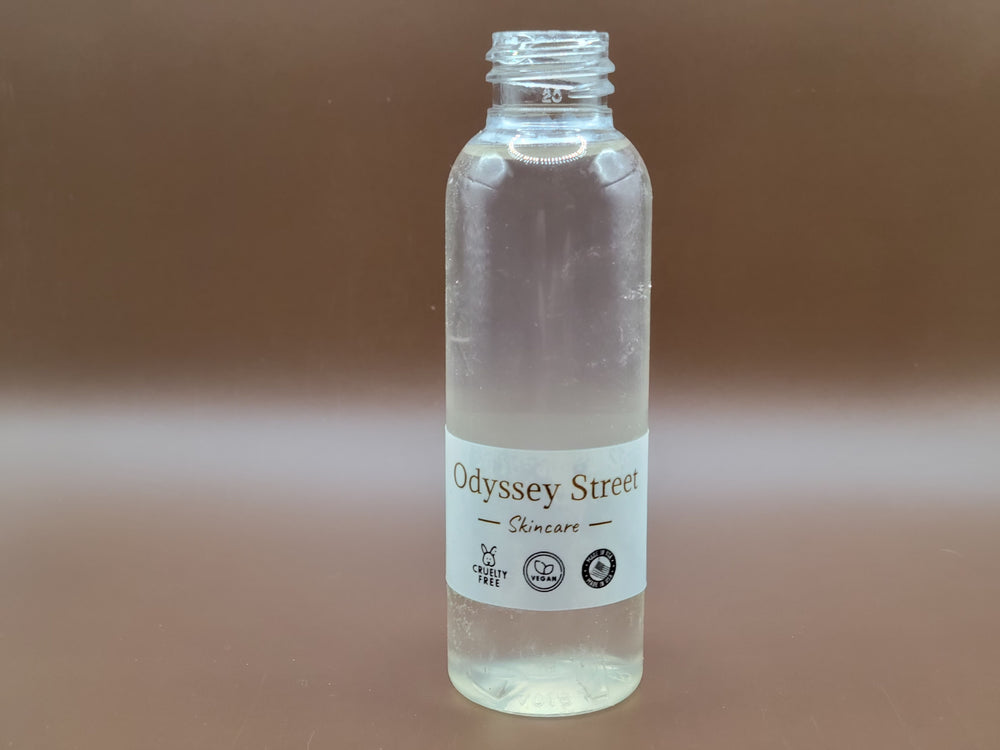
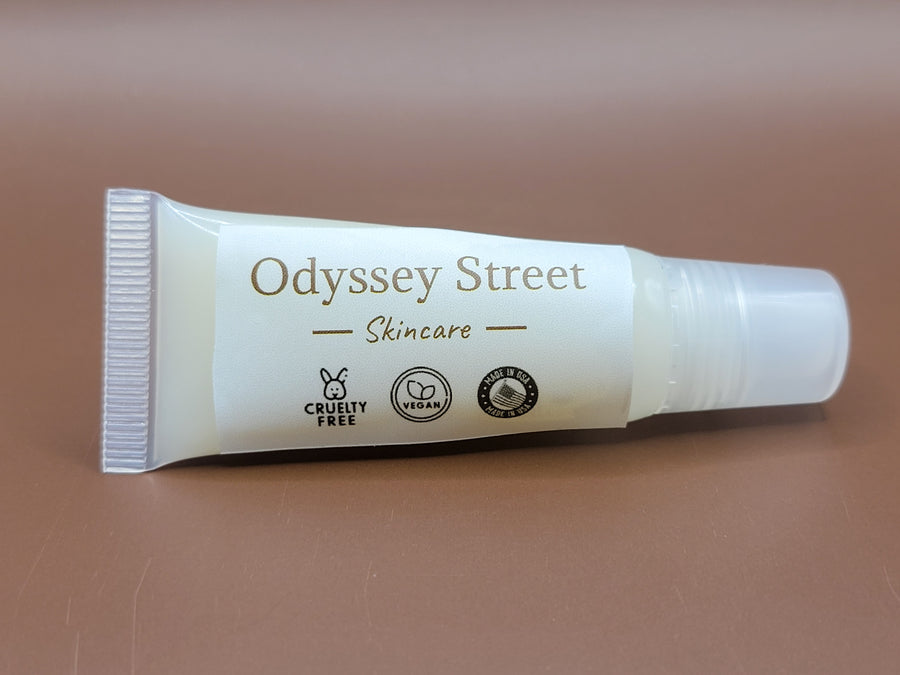
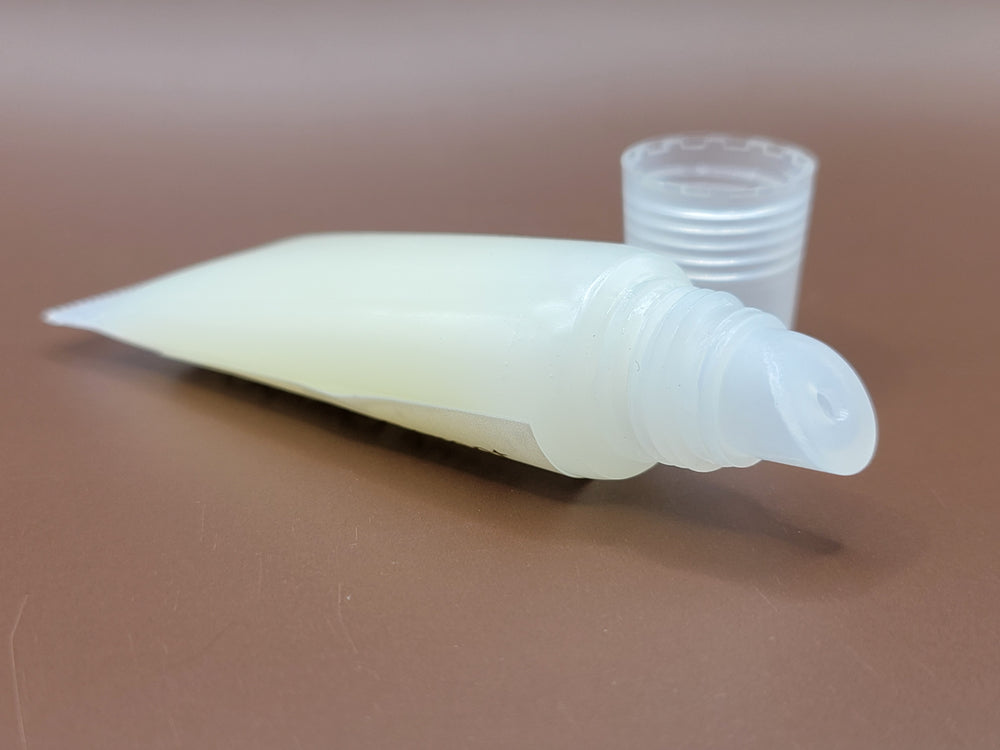
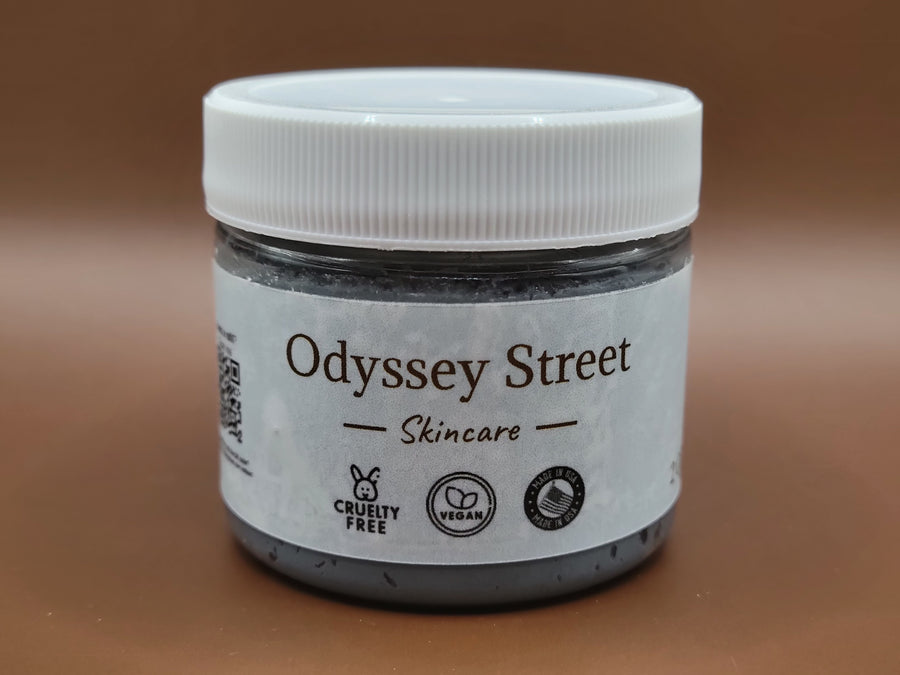
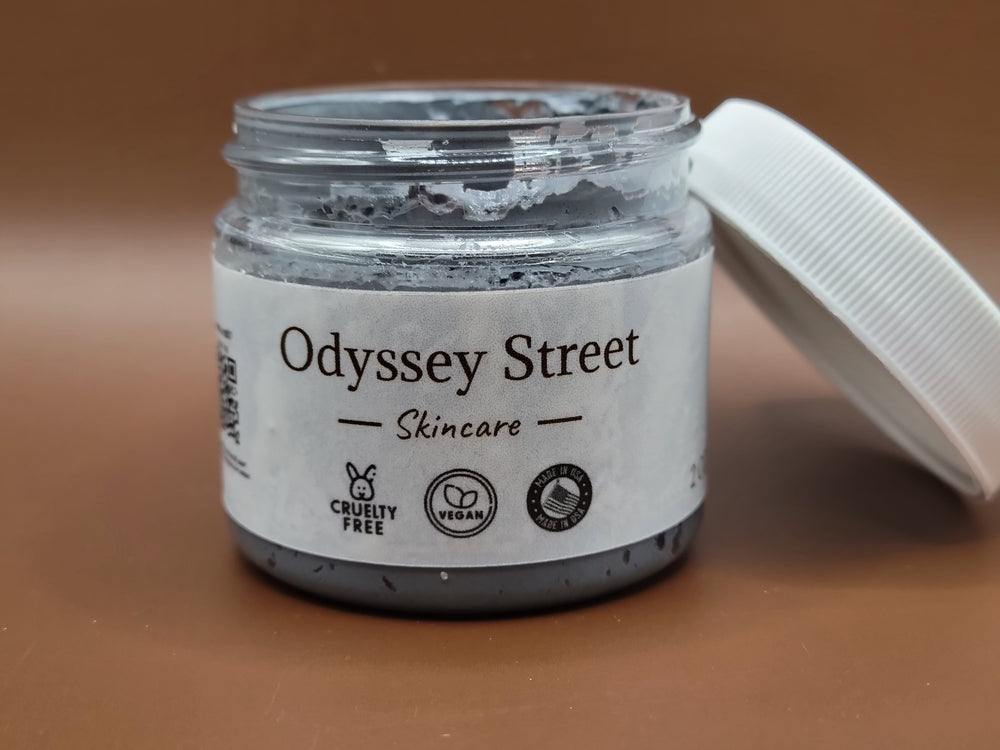
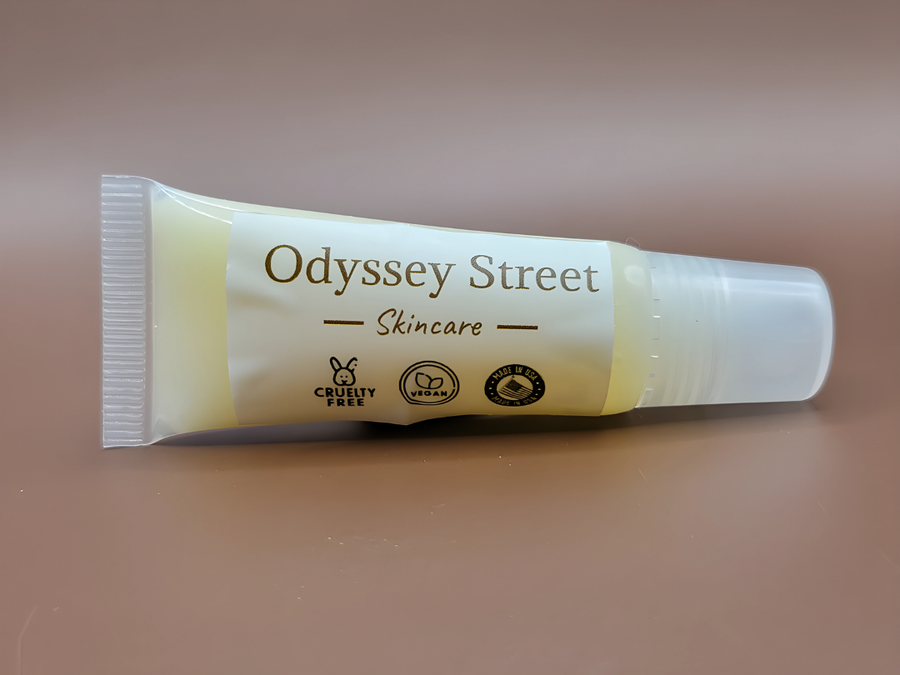
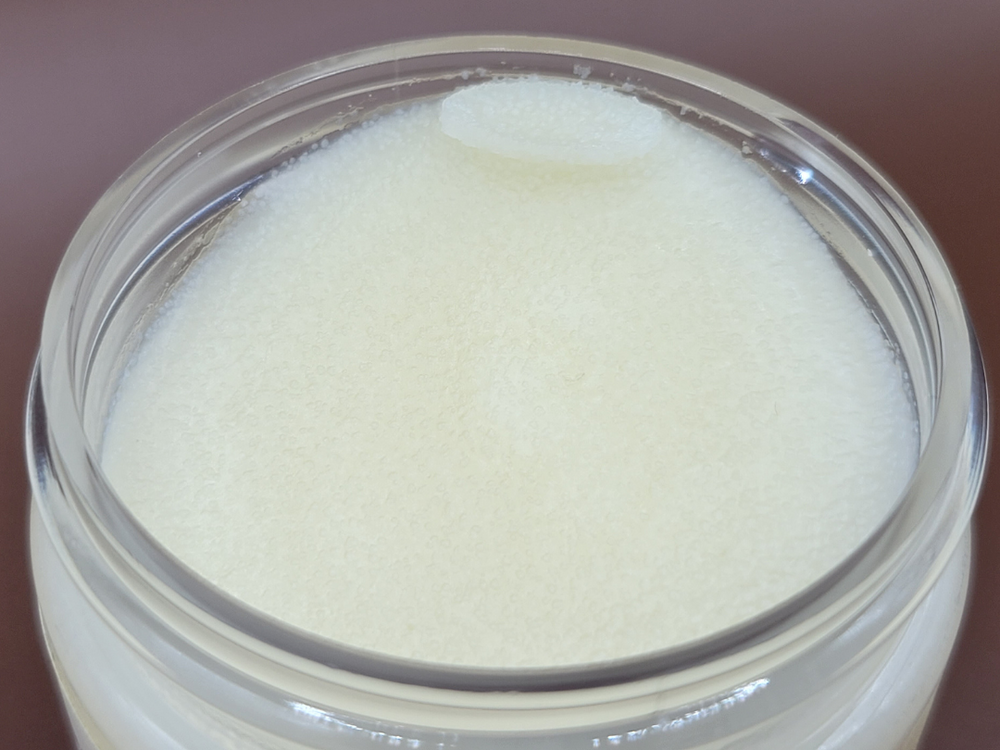
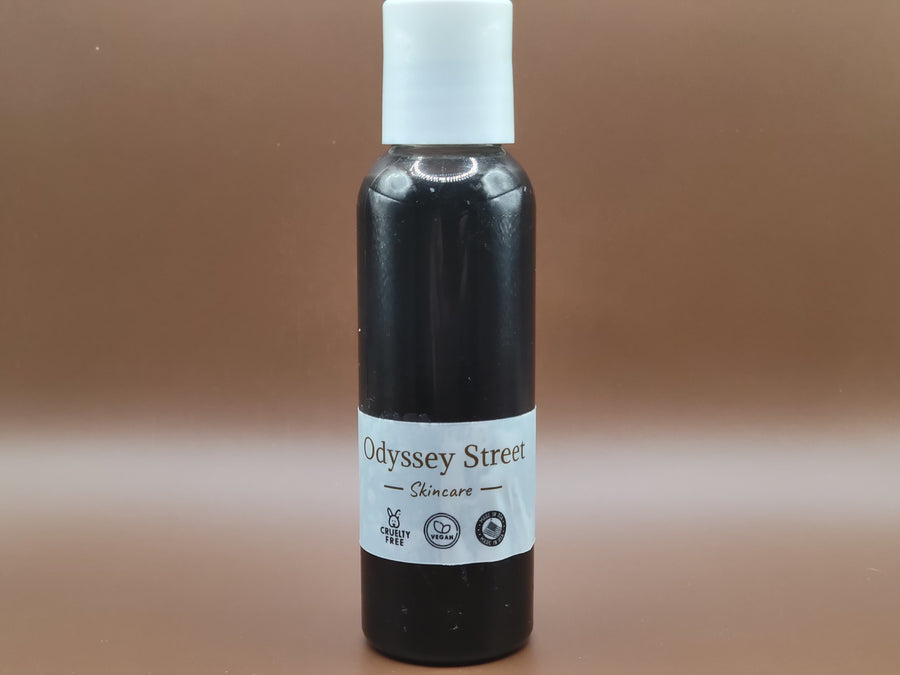
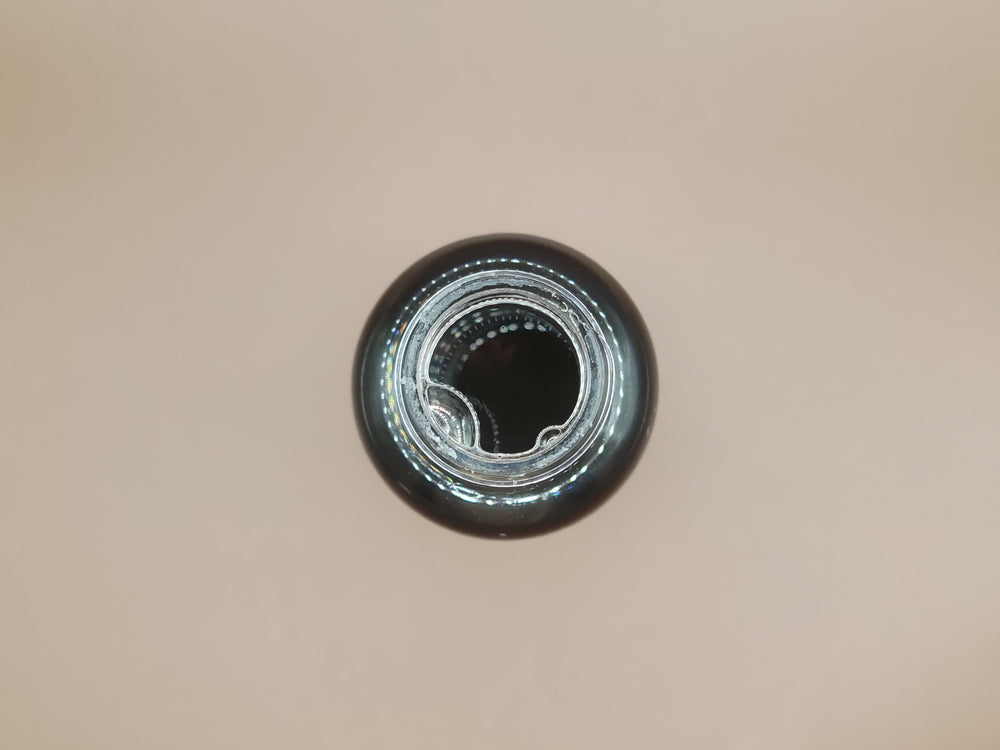
Leave a comment